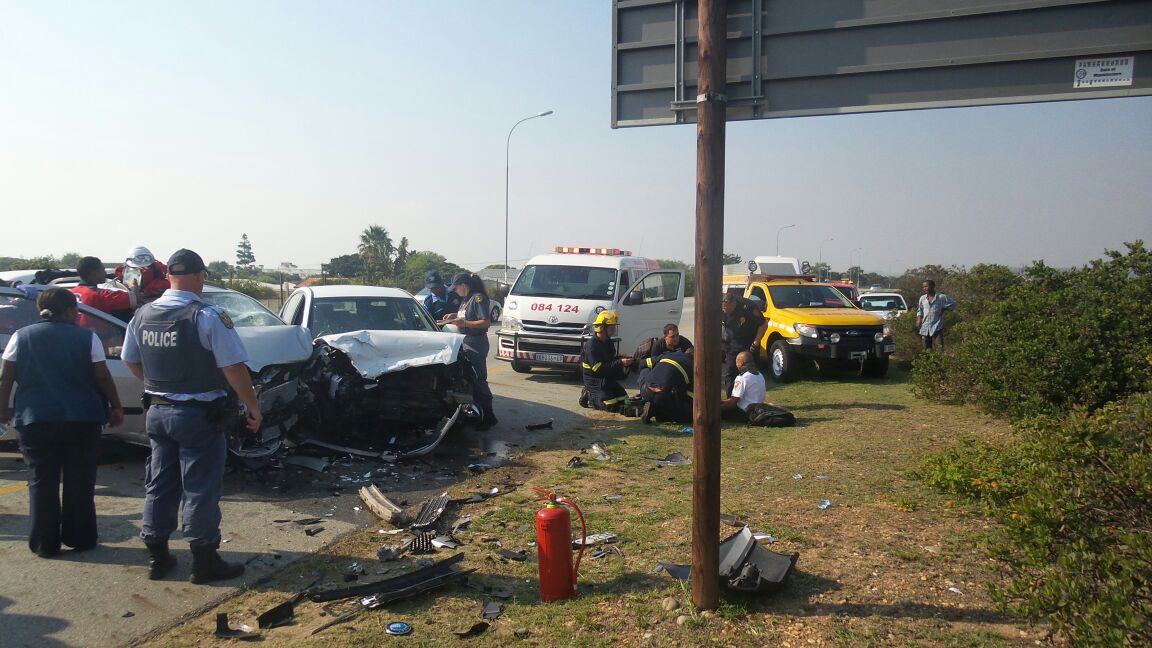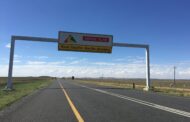During summer, KwaZulu-Natal experiences high temperatures which are combined with high levels of humidity.
Most people consider staying cool just a matter comfort. However, in extreme cases it can mean the difference between life and death. The human body is able to respond to changes in the temperature, but when the temperatures are too high and over an extended period of time the body’s compensating mechanisms start to fail.
The following tips can be used to limit the effects of heat:
- Avoid excessive physical activities during the heat of the day, which is generally between 10am and 3 pm – especially if these activities are outside.
- If these activities are unavoidable make sure you drink plenty of fluids.
- Also protect yourself from the sun.
- Wear a hat
- Use sun block.
- Make sure the sun block is a high SPF (Sun Protection Factor ), a SPF of 30-50 is recommended.
- Make sure it is a reputable brand of sun block.
- Apply the sun block before going out in the sun and reapply it often.
- Wear light, loose-fitting clothing.
- Remember children and the elderly are at greater risk of heat-related ailments.
The most common medical effect of heat is dehydration, due to the loss of body fluids from sweating.
The first signs of dehydration include:
- Thirst
- Profuse sweating
- Fatigue
- Muscle cramps
It is advised that during activities you start drinking fluids before you start feeling thirsty. With these symptoms you should definitely stop activities, come out of the heat and drink plenty of fluids.
Continuation of activities and exposure to heat will result in heat exhaustion which has symptoms that include:
- Headache
- Nausea and vomiting
- Dizziness
Cars and heat:
The heat inside a closed car, even if it is parked in the shade can very quickly and become dangerous. Never leave anyone inside a closed vehicle, even for a short period of time.
Heat exhaustion then leads to heat stroke, which is a life-threatening emergency. Symptoms include:
- Hot, dry, flushed skin (the person is so dehydrated, that they have stopped sweating)
- Irregular behaviour
- Extreme confusion
- Loss of consciousness
What to do in case of a heat-related emergency:
Remove the person from the hot environment. If the person is still conscious try and help them to drink water and either take the person to hospital or call an ambulance.
For more information please contact:
Robert Mckenzie
Media Liaison Officer: Emergency Medical Services
Department of Health, KwaZulu Natal, South Africa
Also view:


























